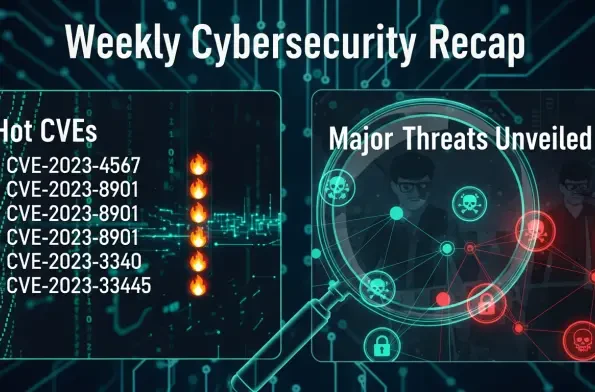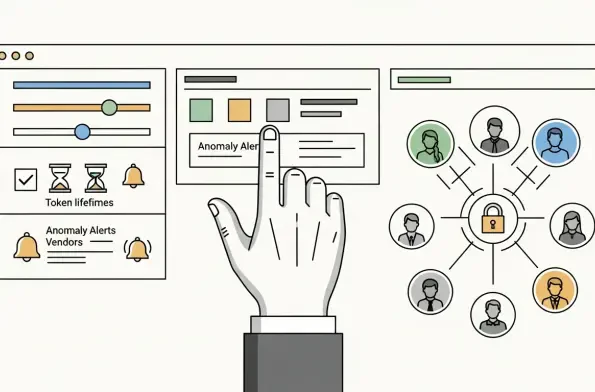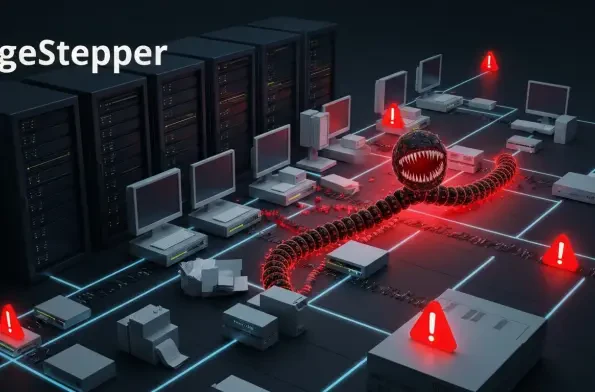
Stephen Morai
Threat Management AnalystStephen Morai specializes in cybersecurity threats, focusing on hackers and threat actors for government organizations. His content covers state-sponsored cyberattacks, advanced persistent threats (APTs), and the importance of threat intelligence in cybersecurity. Although focusing mainly on government-centered insights, Stephen’s publications also translate well to enterprises and large-scale organizations.
Diving into the fast-evolving world of cybersecurity, we’re thrilled to sit down with Malik Haidar, a seasoned expert who has spent years safeguarding multinational corporations from sophisticated cyber threats. With a deep background in analytics, intelligence, and security, Malik has a unique a

As we dive into the ever-evolving world of cybersecurity, I'm thrilled to sit down with Malik Haidar, a seasoned expert who has spent years safeguarding multinational corporations from sophisticated digital threats. With a sharp focus on analytics, intelligence, and security, Malik has a

Imagine a digital Trojan horse slipping past the most advanced AI guardians of software security, not through brute force, but by whispering sweet nothings to the very tools meant to detect it. This isn't a far-fetched scenario but a stark reality in the latest cybersecurity breach involving a

Imagine a digital battlefield where unseen enemies strike half a million times every single day, targeting devices, networks, and personal data with relentless precision. That’s the stark reality of today’s cyberthreat landscape, where security experts are detecting an average of 500,000 malicious f

When one trusted integration can unlock many doors across a customer data stack, the path from small misstep to large breach becomes frighteningly short and painfully predictable. The recent pattern of OAuth thefts and extortion claims turned a niche integration issue into a wake-up call for anyone

When Trust Channels Turn Hostile What happens when your most trusted control planes—browser notifications, software updates, and SaaS connectors—quietly flip allegiance and start working for the other side, not with obvious alarms but with familiar prompts and routine flows that look no different fr

In a world where software updates are synonymous with security, a chilling reality has emerged that demands our attention: what if these trusted patches are delivering danger instead of protection? A China-aligned threat actor, known as PlushDaemon, has been exploiting this blind spot with a

Our Picks
